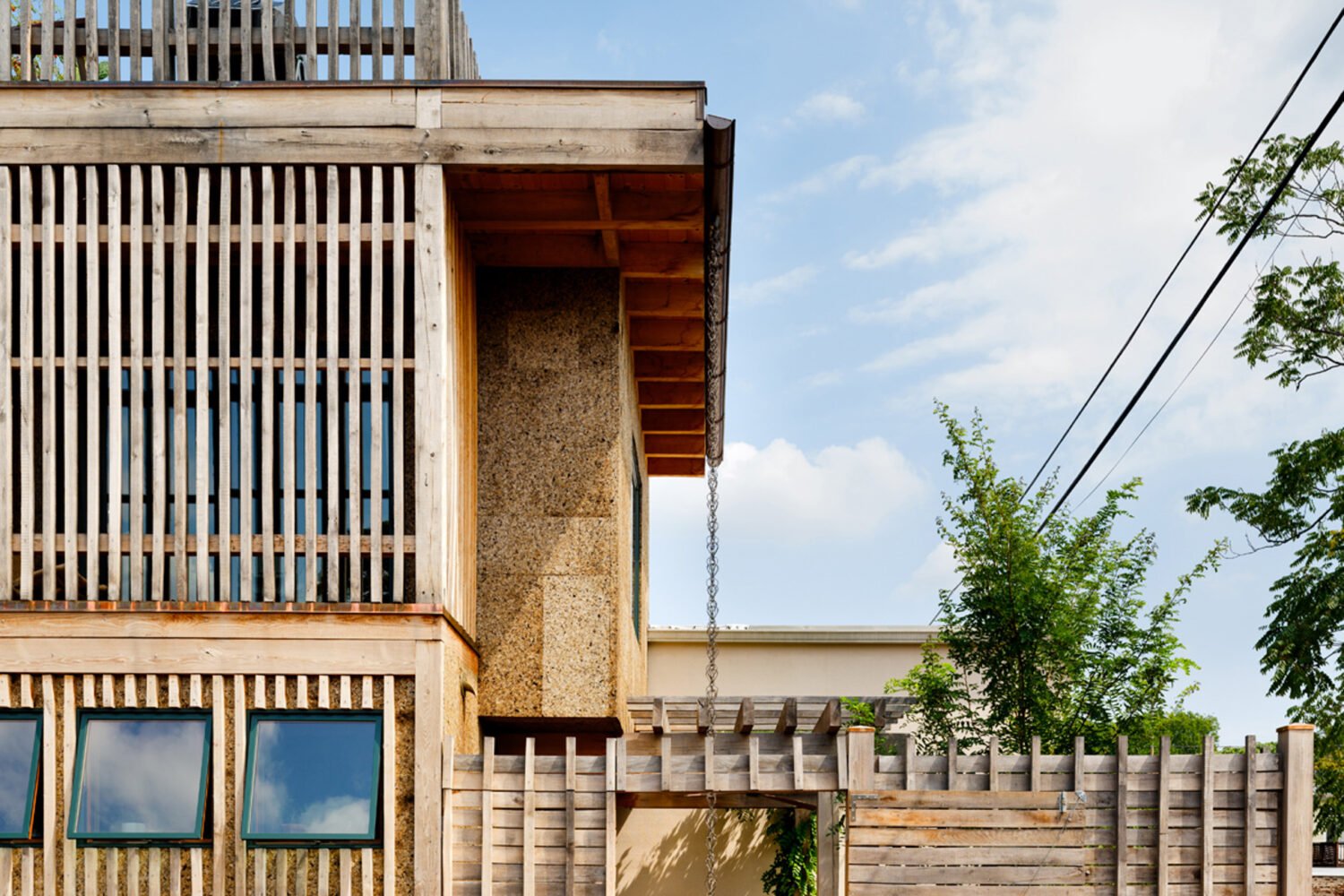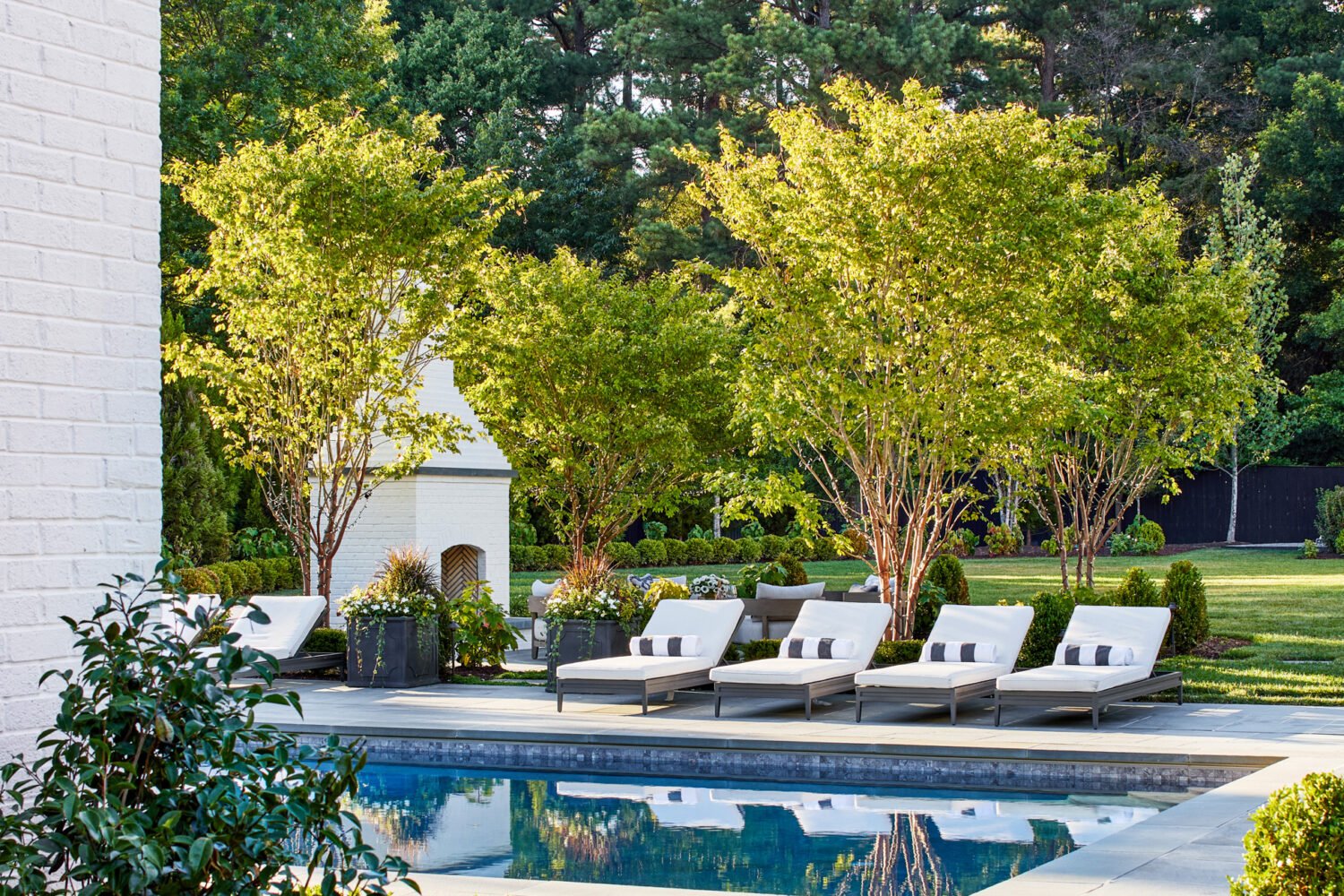Ralph and Marie Kissick, both 75, lived in their 4,000-square-foot Chevy Chase DC house for 33 years before deciding to downsize. “I’d had a knee replaced, so three levels was a challenge,” says Marie. “Plus, one of our children and two of our grandchildren live less than a mile away, so the guest room hardly got used.” But the Kissicks, like many seniors in Washington, didn’t head to a retirement community. Instead they bought a 1,900-square-foot, one-level condominium near the Tenleytown Metro, with views of Fort Reno Park.
“Some people crave the sociability of a retirement place, but we have what we need in this condo,” says Ralph. “It’s low-maintenance, we can walk everywhere, and we’re connected to the city and our family.”
Washington’s condo boom, combined with an aging population living longer (and staying healthier) than their parents and grandparents, is making seniors major targets for real-estate developers. And as more 55-plus residents consider high-end condos and apartments—with amenities such as 24-hour concierges, rooftop party spaces, and state-of-the-art gyms—traditional retirement communities are upping their offerings, too.
“We’re seeing this move-down audience that wants to lose the five-bedroom house but still wants to feel like they’re in a single-family home,” says James Nozar, a senior vice president at the JBG Companies, which will complete the Wardman Tower condos in Woodley Park later this year. He says the residences are attracting heavy interest from empty-nesters, thanks to plush amenities and spacious floor plans ranging from 2,200 to 4,600 square feet. Though Nozar says JBG is marketing the building to all ages, with prices from $2.5 million to $9.5 million, it’s hard to imagine the developer is betting on millennials.
The wine-and-cheese tastings and poetry classes were selling points when Marlies Buhler, 79, moved into Fox Hill: ‘It’s like being at a luxury hotel.’
Other projects zeroing in on retirees include the Lauren condominiums in Bethesda (some units have private elevators) and the upcoming Hepburn apartments in Kalorama, with rooftop shuffleboard and a concierge who can arrange dog-walking and grocery delivery.
For operators of traditional retirement communities, the potential loss of a chunk of the $62-billion industry represents a major threat—and is pushing them to change their model. The most up-to-date old folks’ homes now feel more like landlocked cruise ships.
Take the luxury Bethesda senior development Fox Hill, with its full-service restaurants, salon and spa, virtual indoor driving range, wine cellar, performing-arts center, and recording studio. Seventy-nine-year-old Marlies Buhler says the “diverse food,” wine-and-cheese tastings, and poetry classes were selling points when she decided to move into a two-bedroom there in 2014: “It’s like being at a luxury hotel.”
The prices at such facilities can be comparable to upmarket condos. The largest unit available at Fox Hill, at 2,000 square feet, is listed for more than $1 million. There’s also a monthly fee that starts at $3,053.
At Ingleside at Rock Creek, a retirement home in upper Northwest DC, a planned expansion will feature a health center with memory support, a day spa, long-term-care facilities, and a meditation room.
“We’re responding to baby boomers who don’t want to stop learning and growing,” says Monique Eliezer, Ingleside’s chief officer of sales, marketing, and strategies. “That’s why we’re adding art studios and additional classroom experiences to our properties.”
In case those things aren’t enough, another big change is under way. With healthier, more independent seniors forgoing assisted care until later in life (the National Center for Assisted Living reports that the average person moving into assisted living is now 85), traditional retirement communities are doubling down on more intensive nursing initiatives, focusing on memory-care units for residents with Alzheimer’s and other forms of dementia as well as rehabilitation programs for surgeries and strokes. Condos, of course, can’t compete with those types of facilities.
Technology is changing how seniors view their housing options, too.
“People want active lifestyles but, underlying it all, access to great health care,” says Uwe Brandes, director of Georgetown University’s Urban & Regional Planning program, who’s heading new research into how seniors can connect to their communities. Rather than live in a place with its own nursing staff, Brandes says, “seniors will be able to bring doctors or services to themselves.” This might come from a condo development with a 24-hour concierge desk or via apps that help them and their families manage their own medical care.
Seniors want something different. They don’t like the notion of being taken away from society. They want to be connected to everything.
Some new developments occupy a middle ground between living in an all-ages building and a more traditional continuing-care community. The Stories, a rental complex due to open in March amid the bustling shops and restaurants of the new Rockville Pike, is one of them.
The joint project between Federal Realty and developer Smart Living 360 is exclusively for the 55-and-older crowd—basically a retirement community disguised as a hip, luxury mid-rise. Renters will have walk-in showers, slip-resistant tile, and brighter-than-average lighting but also a communal lounge and club room, courtyard patios with gas grills, and an on-site “lifestyle ambassador” to facilitate food delivery, health-care appointments, and IT help.
“People, particularly boomers, are used to being in the center of things and being the master of their own universes,” says Ryan Frederick, founder and CEO of Smart Living 360, which specializes in retiree-oriented, walkable communities. “Seniors want something different. They don’t like the notion of being taken away from society. They want to be connected to everything.”
Freelance design writer Jennifer Barger can be reached at jnbarger@gmail.com.
This article appears in the March 2016 issue of Washingtonian.

















